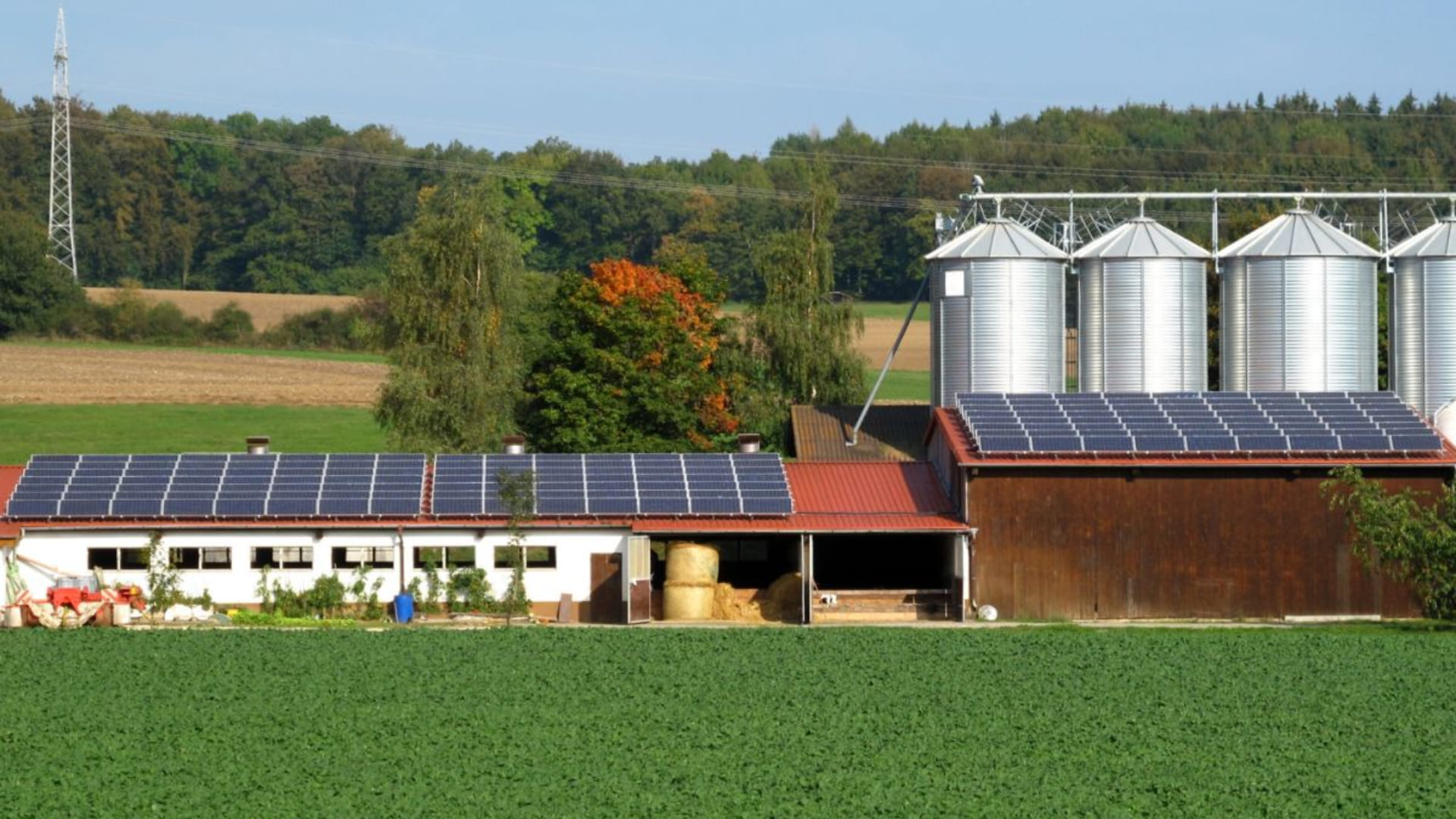
The decree for the new edition of the Parco Agrisolare for 2023 has been published in the Official Gazette, offering significant incentives for the use of renewable energy in agriculture, particularly through the installation of photovoltaic systems for the agricultural and agro-industrial sectors.
Among the updates, there is an increase in the grant provided to agricultural businesses, as well as the introduction of a new concept of shared self-consumption and the removal of the self-consumption requirement in many cases. Additionally, the allowable installed capacity without land consumption and the minimum eligible expenditure for storage and charging systems have been doubled.
Beneficiaries
Eligible beneficiaries include individual and corporate agricultural entrepreneurs, agro-industrial businesses, agricultural cooperatives, and collective entities such as Temporary Business Associations, Temporary Business Groupings, and Renewable Energy Communities. However, entities with a turnover below €7,000 are excluded.
Incentives for Renewable Energy
Firstly, the beneficiary must have access to the buildings where the interventions will be carried out. For active agricultural companies in primary production, there is an 80% grant for their own self-consumption or shared self-consumption if the company is organized collectively.
Moreover, for projects exceeding the self-consumption limit, grants range from 50% for small businesses to 40% for medium-sized enterprises and 30% for large companies, with a 15% increase for investments made in assisted areas, according to the conditions of Article 107, paragraph 3, letter A) of the Treaty.
There are grants for self-consumption or shared self-consumption (in case of collective business forms) for agricultural product transformation businesses. There are also grants for agricultural product transformation companies into non-agricultural products and for other businesses not covered by previous definitions. These grants are differentiated based on company size, from 50% for small businesses to 30% for large companies. Large businesses must describe the situation in the absence of aid and provide supporting documents for the counterfactual scenario described in the application.
Eligible Interventions and Expenses
Eligible interventions for the grant include the installation of photovoltaic systems with capacities between 6 and 1000 kWp. Additionally, projects can involve redevelopment, such as the removal and disposal of asbestos, thermal insulation of roofs, and the installation of ventilation systems.
Eligible expenses for the implementation of photovoltaic systems include the purchase and installation of inverters, photovoltaic modules, management software, and other components for the system. Storage systems, supply, and installation of materials necessary for the interventions, as well as network connection costs, are also covered. For asbestos removal and disposal, interventions related to the installation or improvement of thermal insulation are justified.
Professional expenses, including those for project design, application submission, work direction, and testing, are also eligible within specified limits.